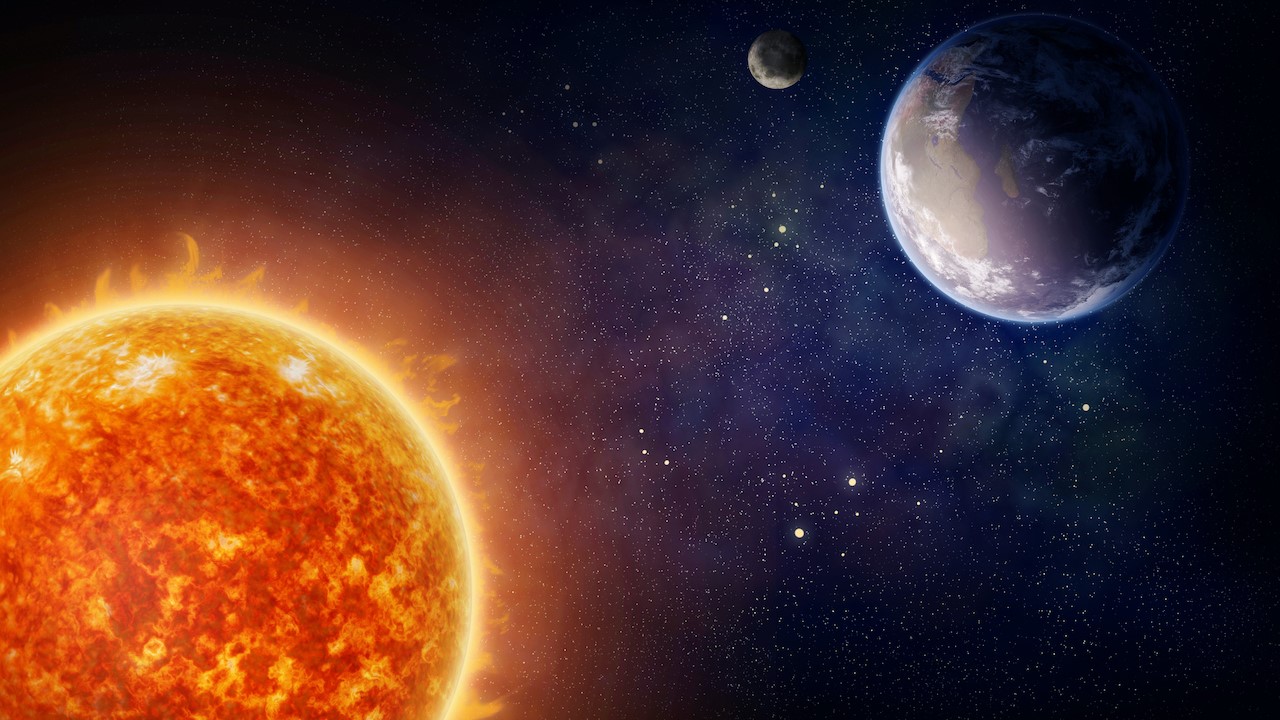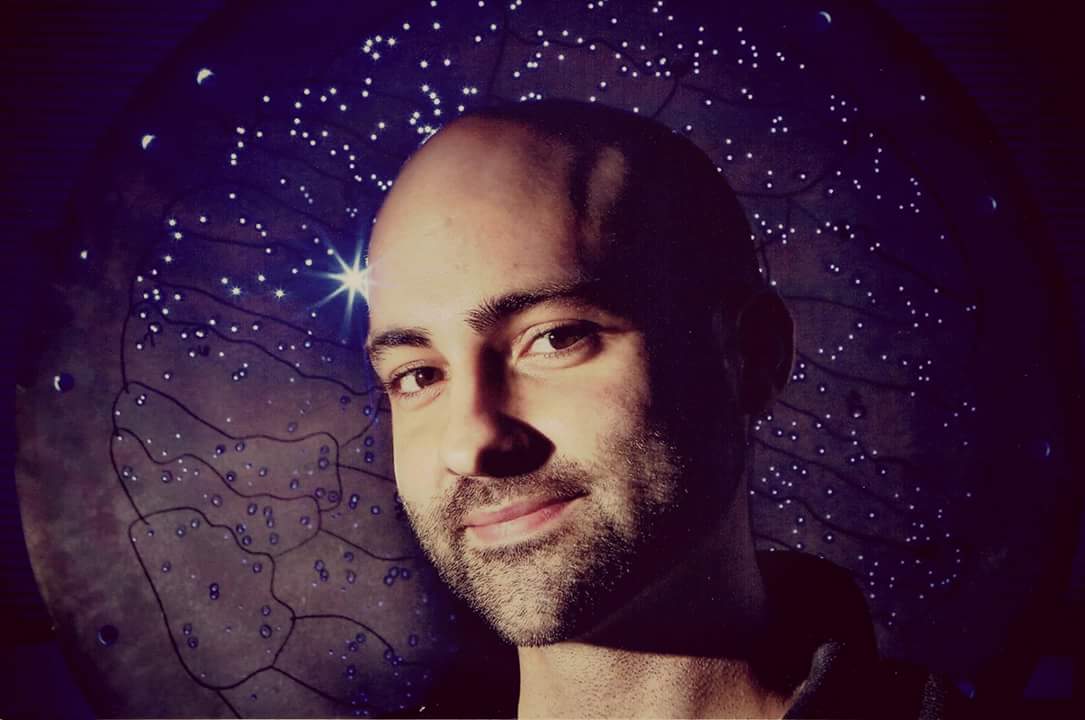
Paul Sutter
Paul M. Sutter is an astrophysicist at SUNY Stony Brook and the Flatiron Institute in New York City. Paul received his PhD in Physics from the University of Illinois at Urbana-Champaign in 2011, and spent three years at the Paris Institute of Astrophysics, followed by a research fellowship in Trieste, Italy, His research focuses on many diverse topics, from the emptiest regions of the universe to the earliest moments of the Big Bang to the hunt for the first stars. As an "Agent to the Stars," Paul has passionately engaged the public in science outreach for several years. He is the host of the popular "Ask a Spaceman!" podcast, author of "Your Place in the Universe" and "How to Die in Space" and he frequently appears on TV — including on The Weather Channel, for which he serves as Official Space Specialist.
Latest articles by Paul Sutter
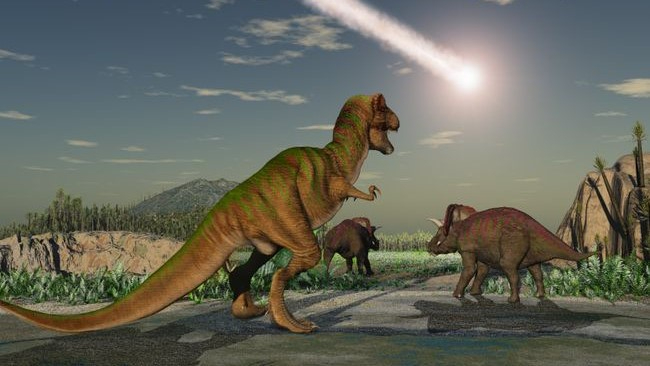
An asteroid will hit Earth at some point. What can we do about it?
By Paul Sutter published
Any day now, it could happen: We could detect an asteroid on an Earth-crossing trajectory. It might be tomorrow; it might be a thousand years from now. So what can we do about it?
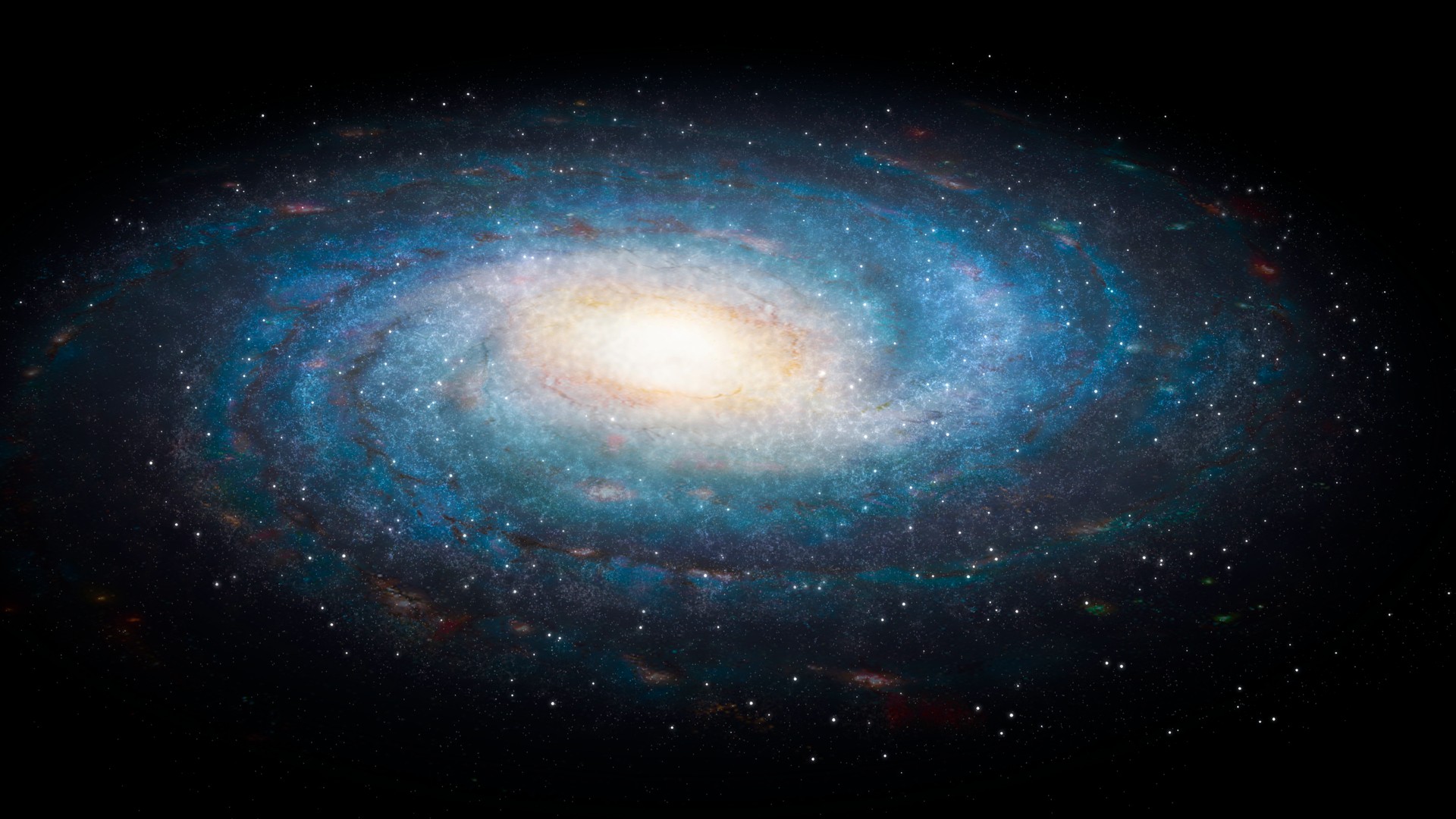
How do we know what the Milky Way looks like?
By Paul Sutter published
Directly mapping the Milky Way is an extremely challenging task, but observations of other galaxies helped us piece together what our home galaxy looked like.

We've been 'close' to achieving fusion power for 50 years. When will it actually happen?
By Paul Sutter published
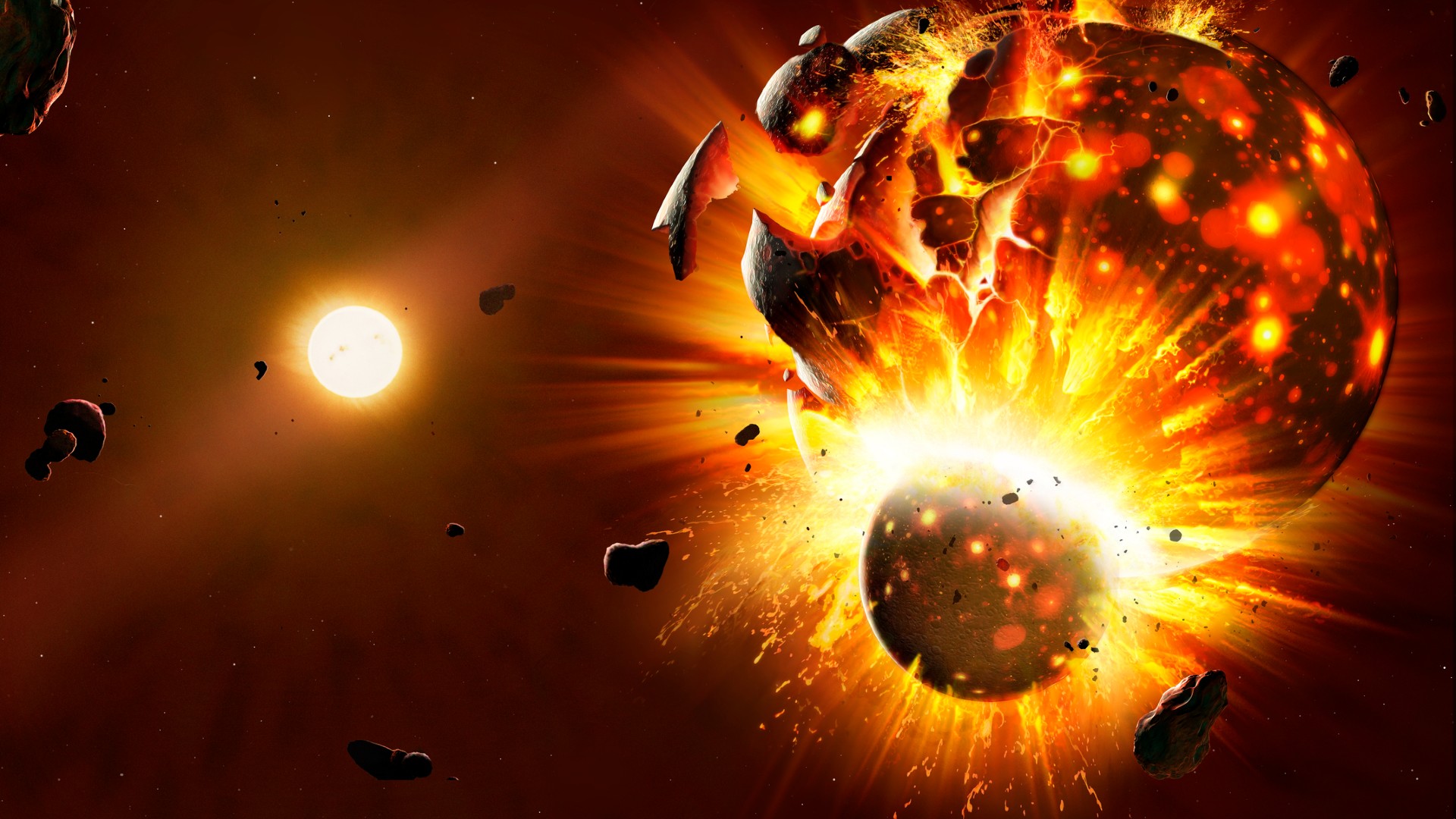
How giant impacts shaped the formation of the solar system's planets
By Paul Sutter published
Astronomers still aren't exactly sure how planets get their start.
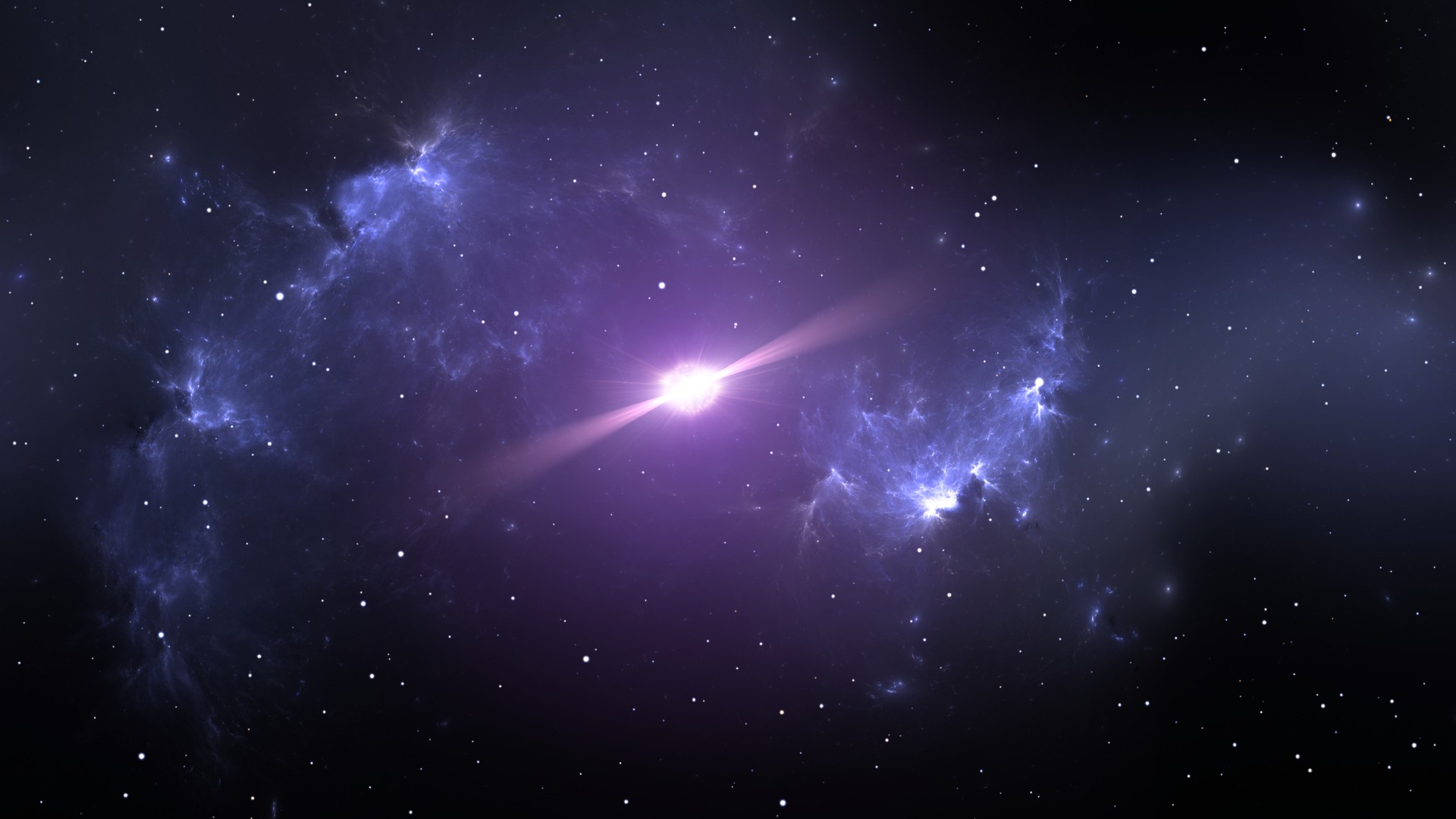
Neutron stars could be the ultimate dark matter detectors
By Paul Sutter published
One astronomer proposes that, instead of building gigantic, expensive experiments on Earth, we should try another method of searching for dark matter: Looking to the stars.
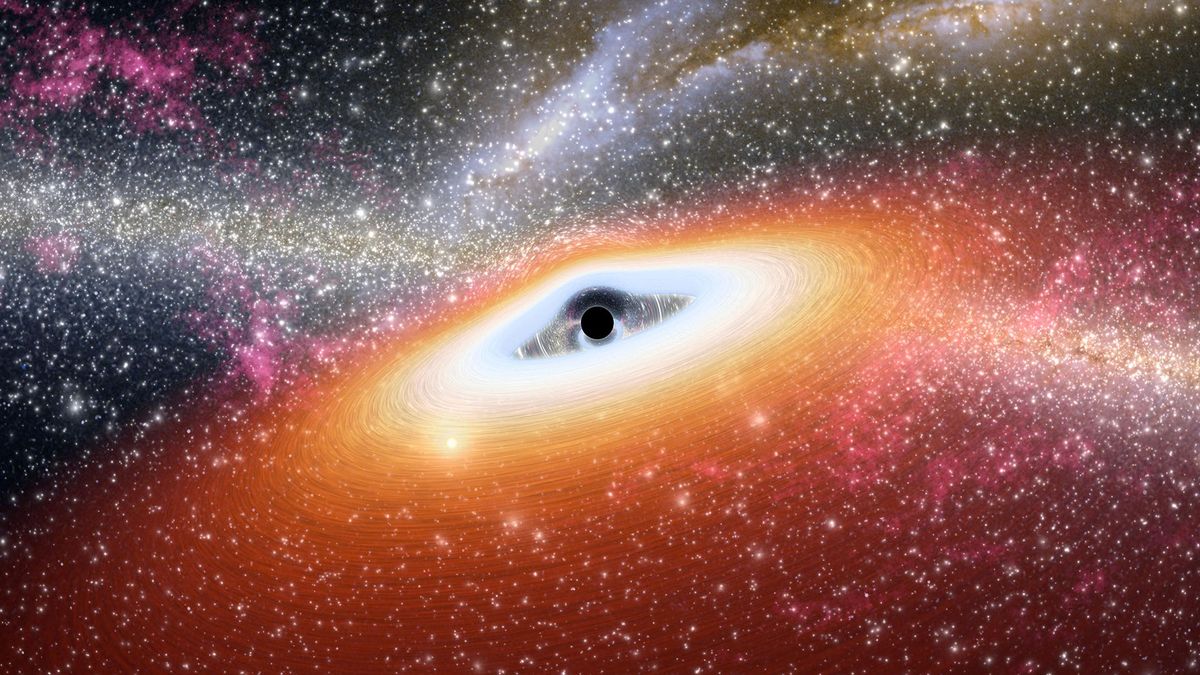
Turbulent 1st moments of a black hole's life captured in new simulations
By Paul Sutter published
Scientists modeled how black holes and neutron stars form after dying stars collapse, and explained why some get a hard 'kick' into interstellar space.
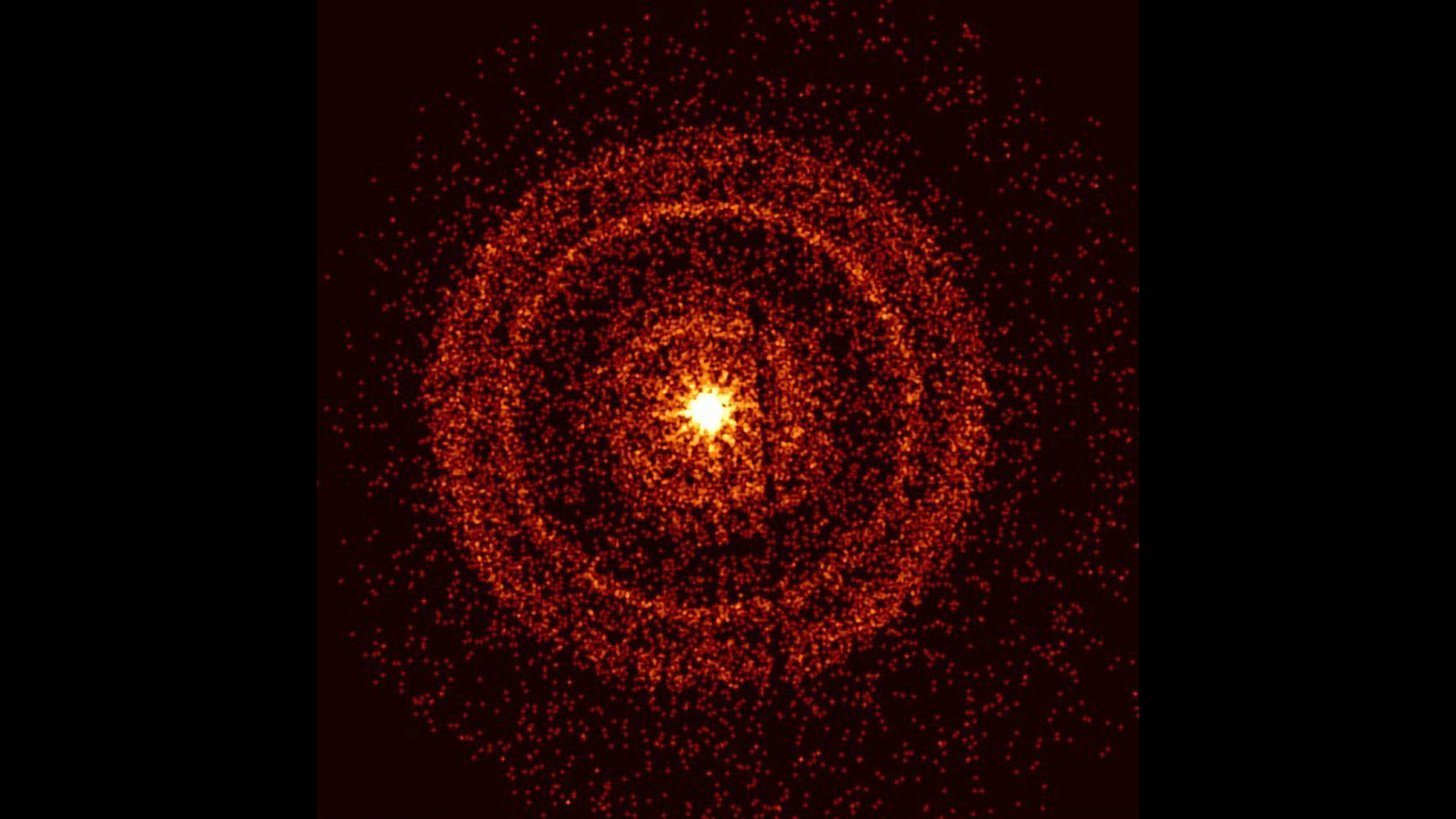
Weird particle physics stories that blew our minds in 2023
By Paul Sutter published
11 of the biggest stories about the smallest particles from 2023.
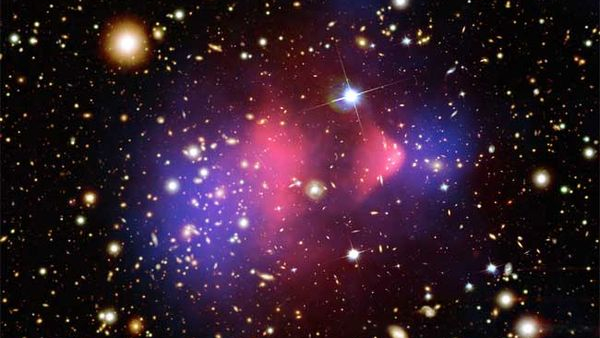
Life might have been possible just seconds after the Big Bang
By Paul Sutter published
Some physicists have hypothesized that in the earliest moments of the Big Bang, the forces of nature were so extreme and so exotic that they could have supported the growth of complex structures.

How can we restore public trust in science? (op-ed)
By Paul Sutter published
In an age of diminishing trust in science, scientists need to change how they work with the public and within the broader scientific community.
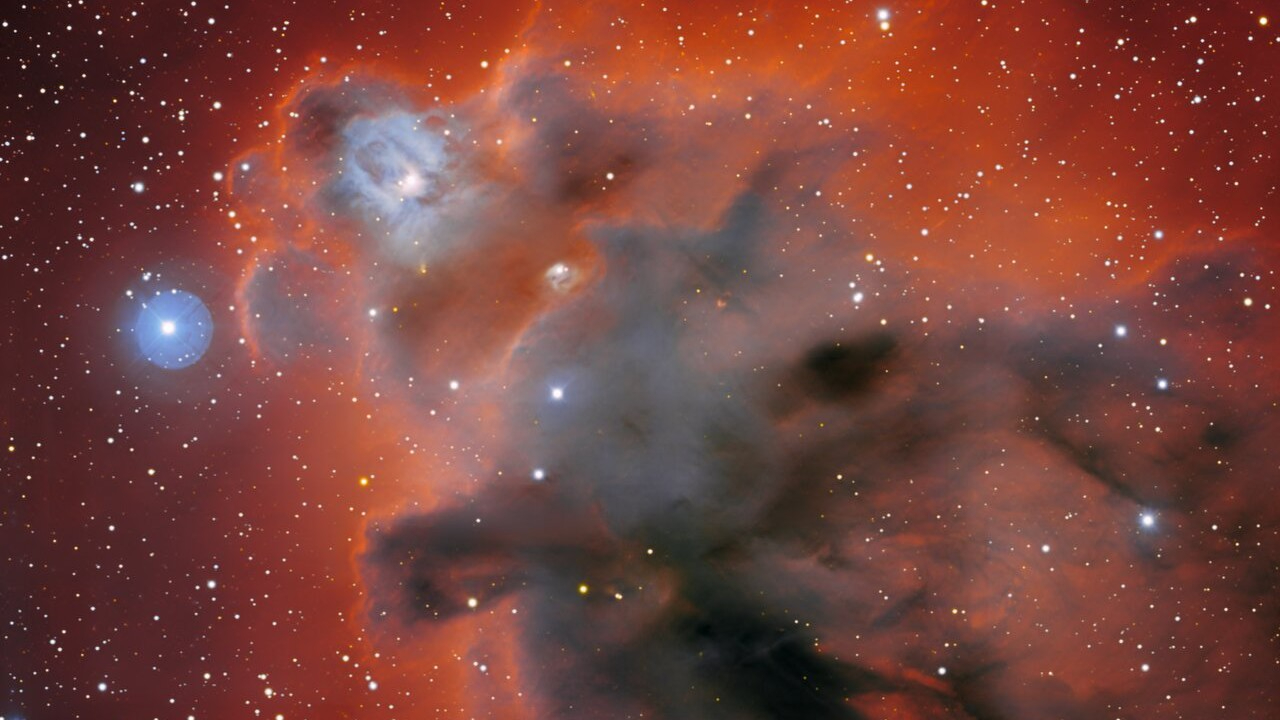
How exotic alien life could thrive in the giant molecular clouds of deep space
By Paul Sutter published
An astronomer has outlined a way for methane-producing life to thrive in the molecular clouds of deep space, opening up a new pathway to understanding the potential origins and diversity of life.
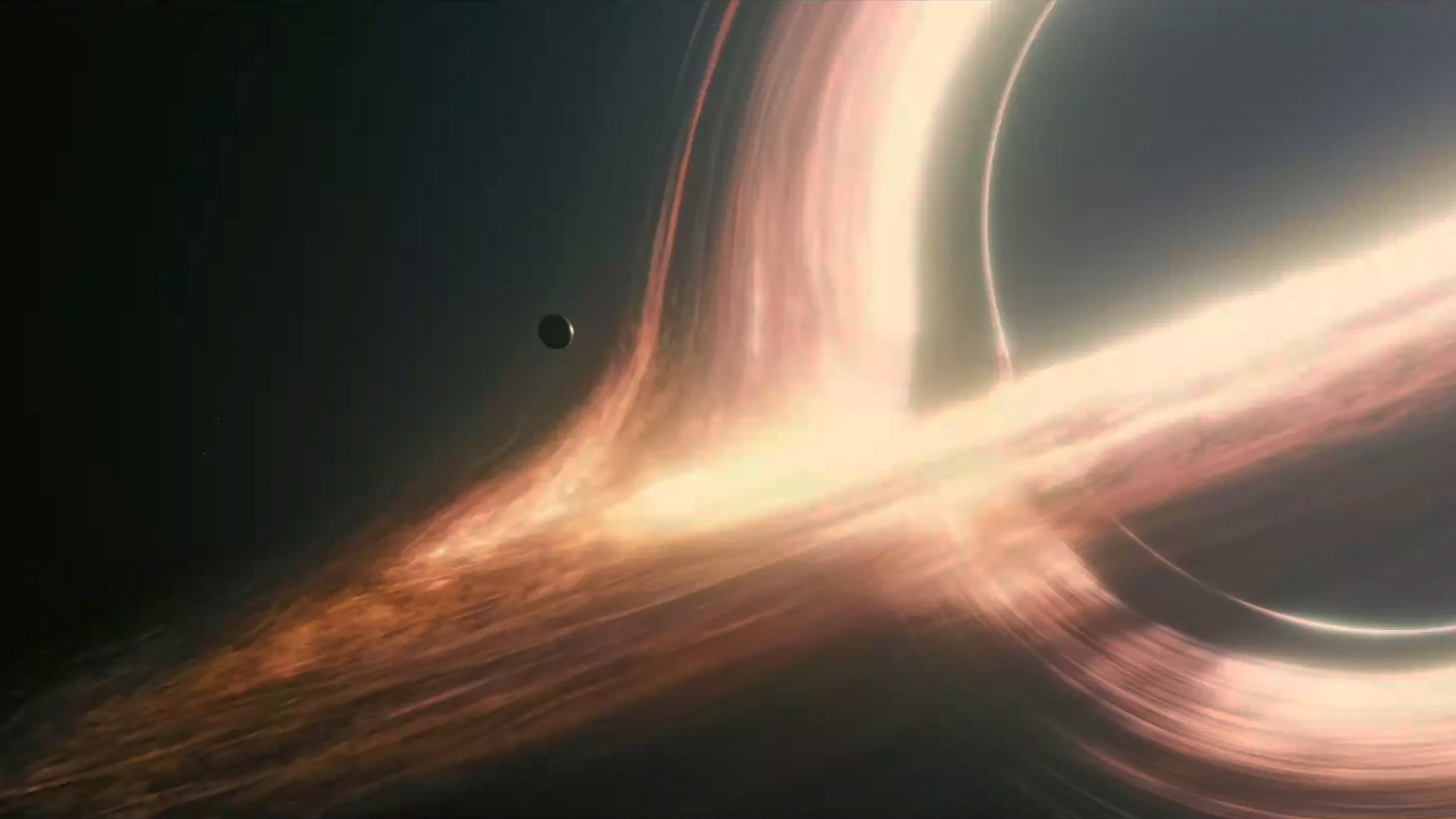
Interstellar astronauts would face years-long communication delays due to time dilation
By Paul Sutter published
Due to the mind-blowing distances and speeds required, interstellar travel remains a major spaceflight challenge. But new research highlights yet another hurdle: Communication blackouts.
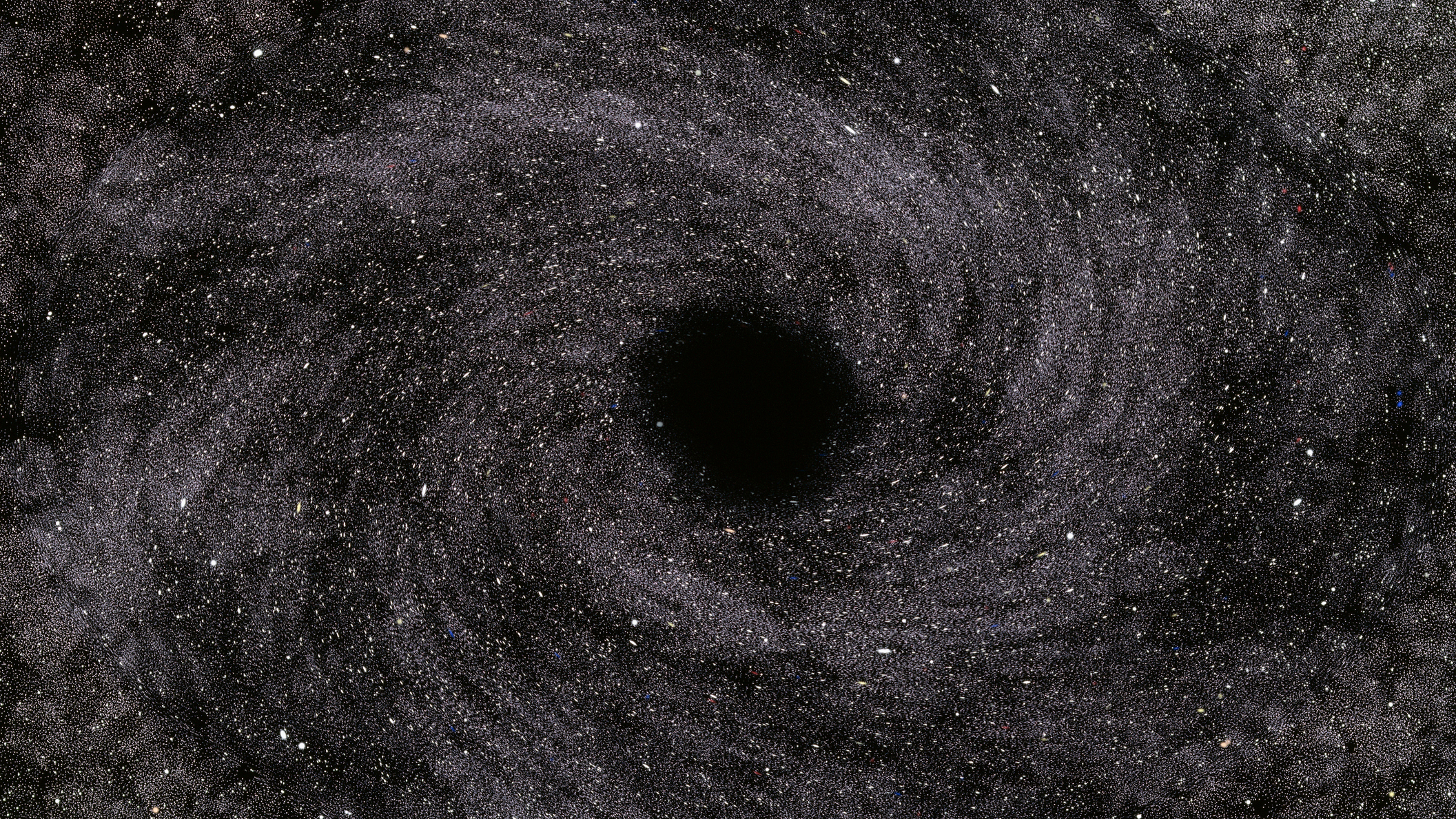
Is the vacuum of space truly empty?
By Paul Sutter published
Space mysteries Even though the density of interstellar space is billions of times lower than even our emptiest human-made vacuum chambers, it's not 100% percent empty.

What did ancient humans know about astronomy?
By Paul Sutter published
Humanity's ability to track and monitor celestial cycles stretches back into prehistory, long before the invention of telescopes and astrolabes.
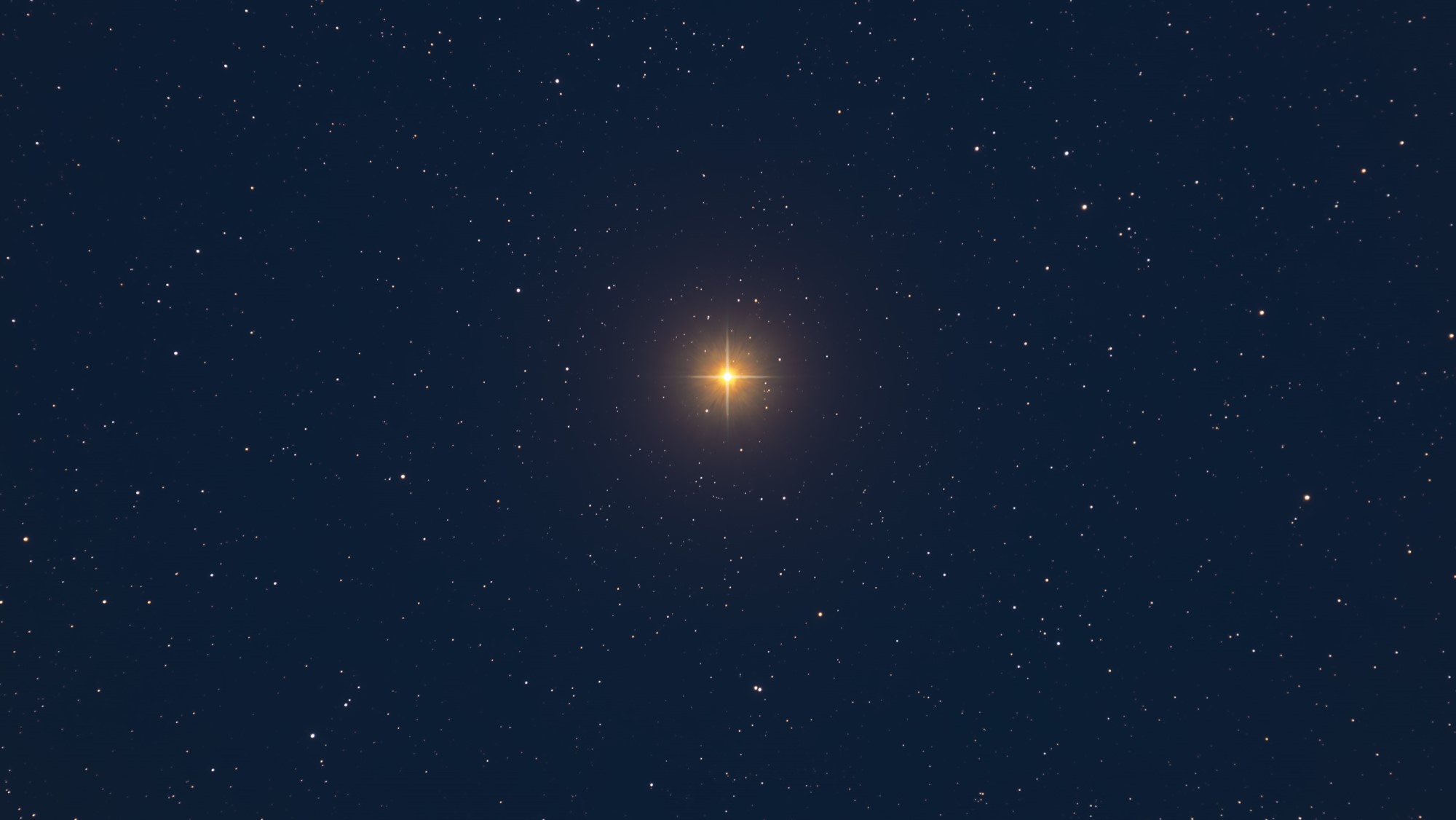
Betelgeuse may be the result of a 'quiet' star merger
By Paul Sutter published
Astronomers developed a sophisticated computer simulation to explore whether or not strange star Betelgeuse may be the result of a merger between two smaller stars.
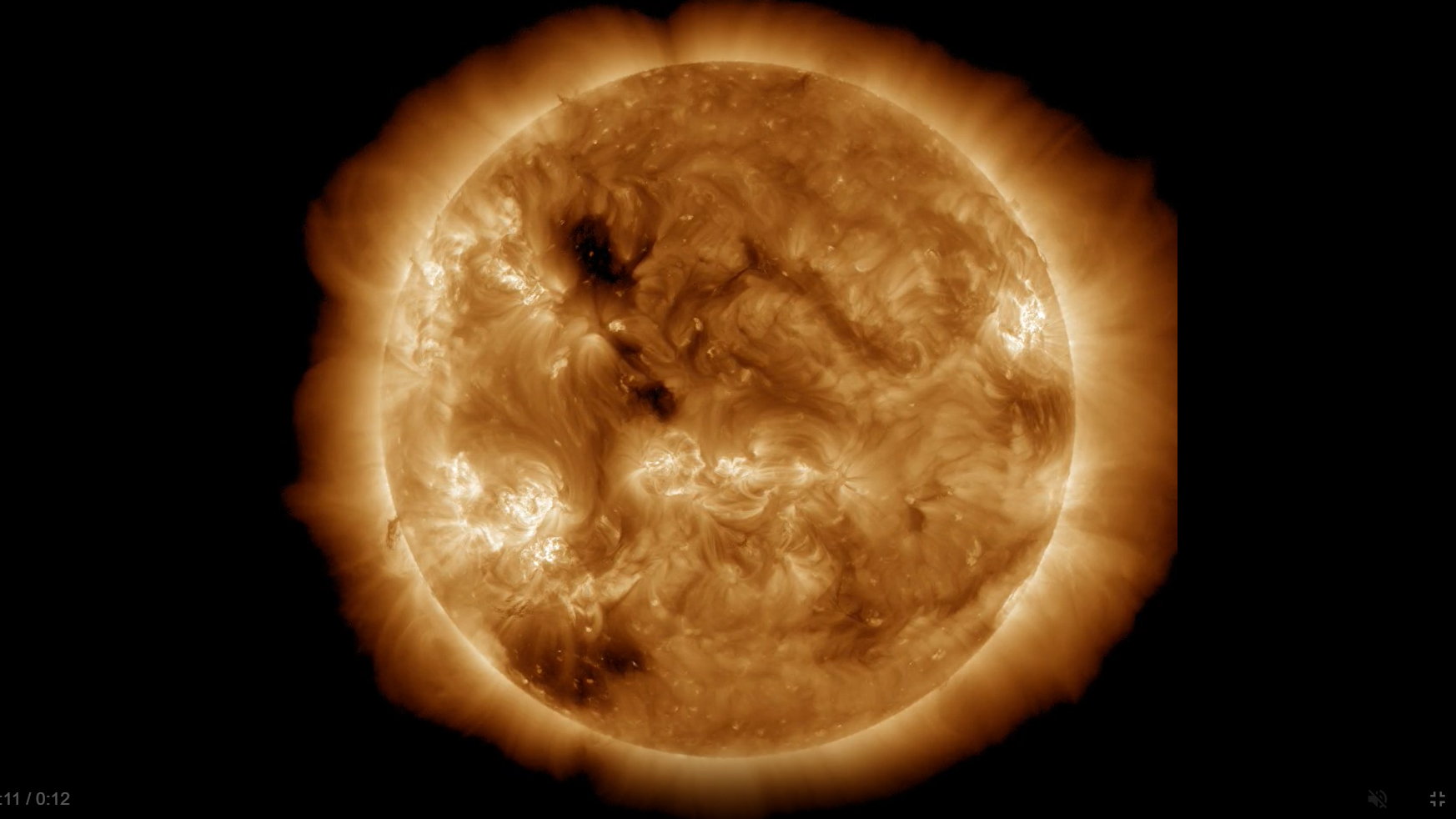
Space weather is a growing threat. This new NASA center aims to help protect us
By Paul Sutter published
Space is a dangerous place, especially when it comes to high-energy particles, and intense solar activity can pose threats to people and technology on Earth.

James Webb Space Telescope could have explained the mysterious signals from 'hell planet' 40 light-years away
By Paul Sutter published
The hellish super-Earth '55 Cancri e' may be constantly losing and re-growing its atmosphere, a new study of the planet's strange transit signals suggests.
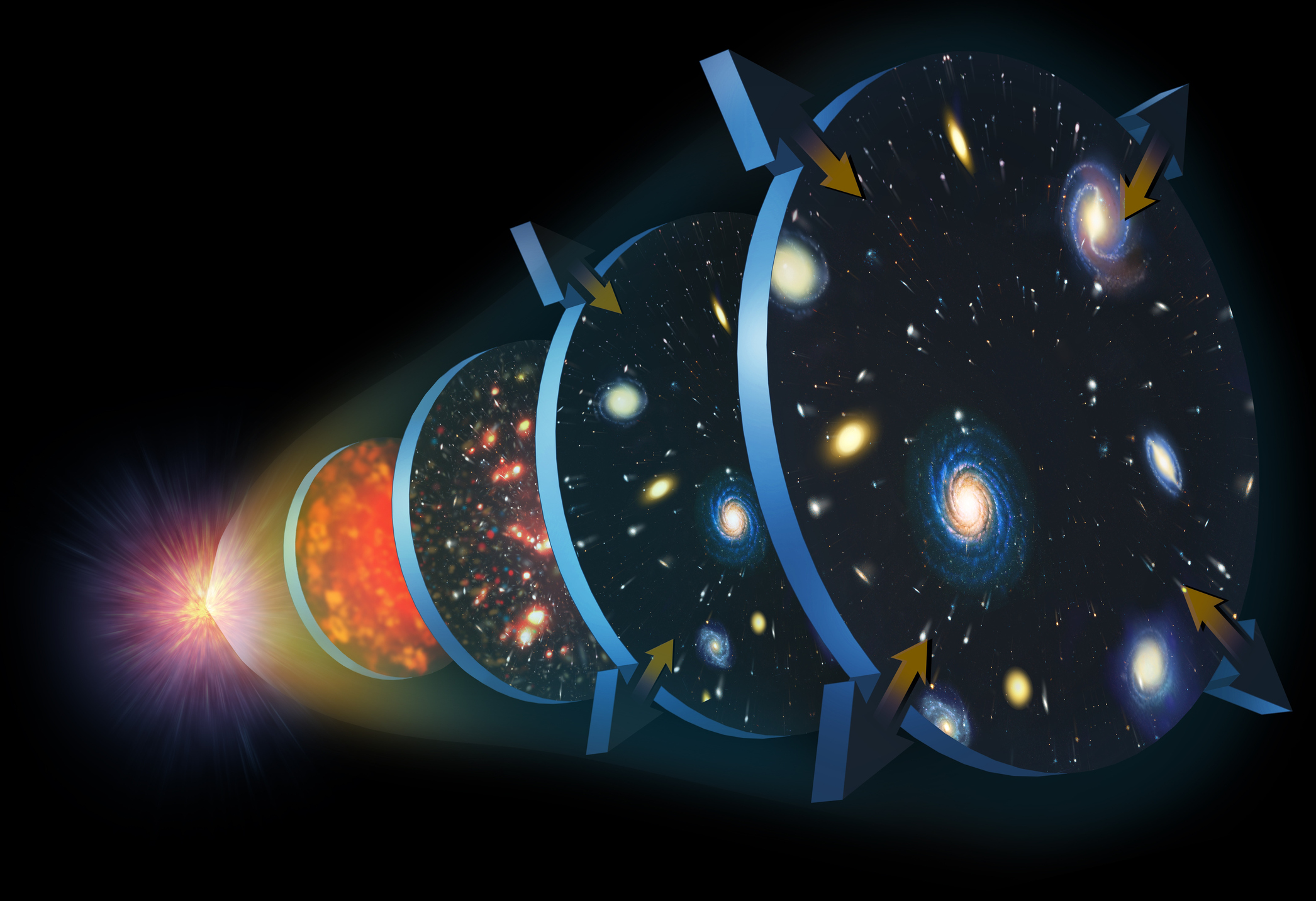
How did the universe's elements form?
By Paul Sutter published
We all know the universe contains a vast array of elements, ranging from light gases, such as helium, to heavy metals, like lead. But where did all of the elements come from?

Powerful new radio telescope could unmask the ancient universe — if satellites don't ruin the view
By Paul Sutter published
When complete, the Square Kilometer Array Observatory (SKAO) will be the world's most powerful radio telescope — if SpaceX's Starlink satellites don't ruin its view.
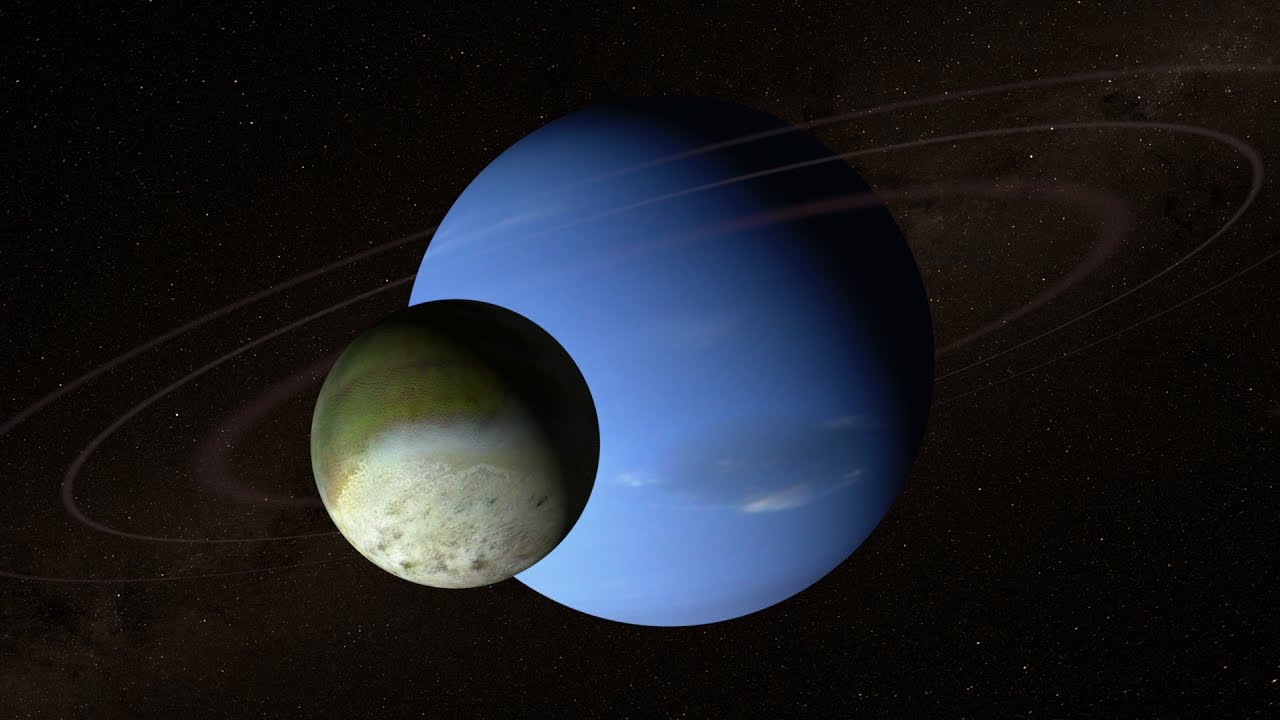
Could Neptune's largest moon swing a spacecraft into the planet's orbit?
By Paul Sutter published
Researchers have shared a radical new idea for how to put a spacecraft in orbit around Neptune: Use the thin atmosphere of Triton, Neptune's largest moon, to capture it.

AI is already helping astronomers make incredible discoveries. Here's how
By Paul Sutter published
Scientists worldwide are already using artificial intelligence and machine learning to sort through huge amounts of data, suggesting that the future of astronomy belongs to AI.
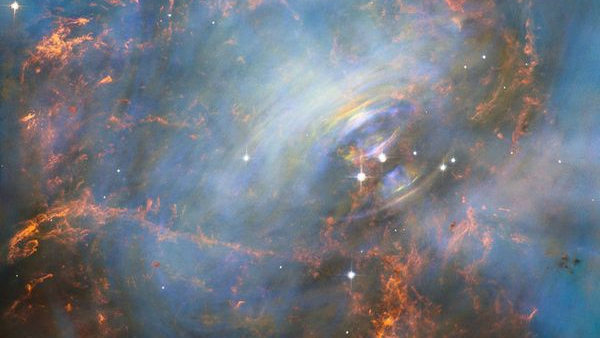
Nuclear 'pasta' cooked up by dead stars could unravel the secrets of stellar afterlife
By Paul Sutter published
In the extreme hearts of neutron stars, fundamental particles are twisted into strange 'pasta' shapes that could reveal untold secrets about how dead stars evolve.
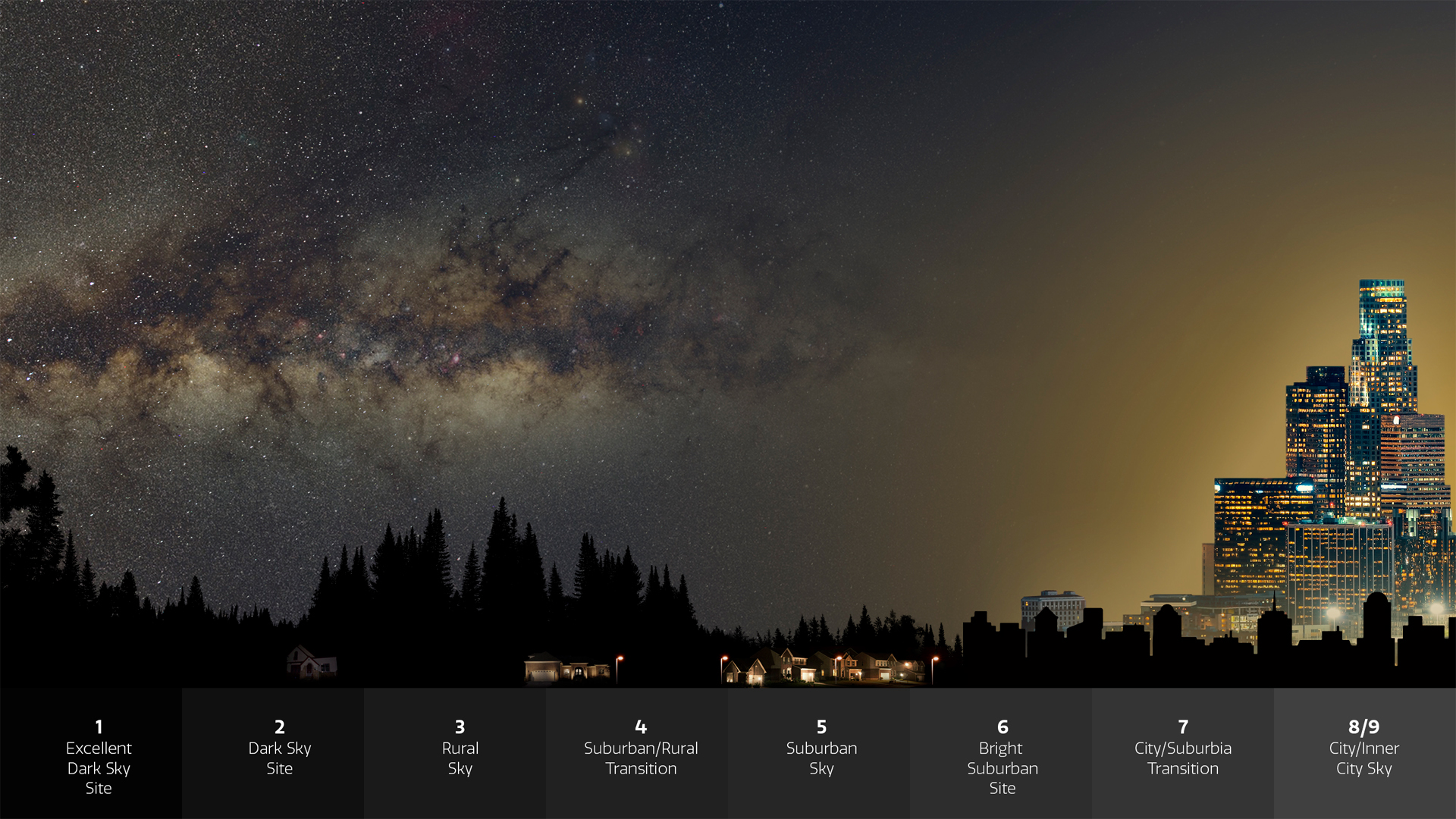
The loss of dark skies is so painful, astronomers coined a new term for it
By Paul Sutter published
Humanity is slowly losing access to the night sky, and astronomers have invented a new term to describe the pain associated with this loss: 'noctalgia,' meaning 'night grief.'
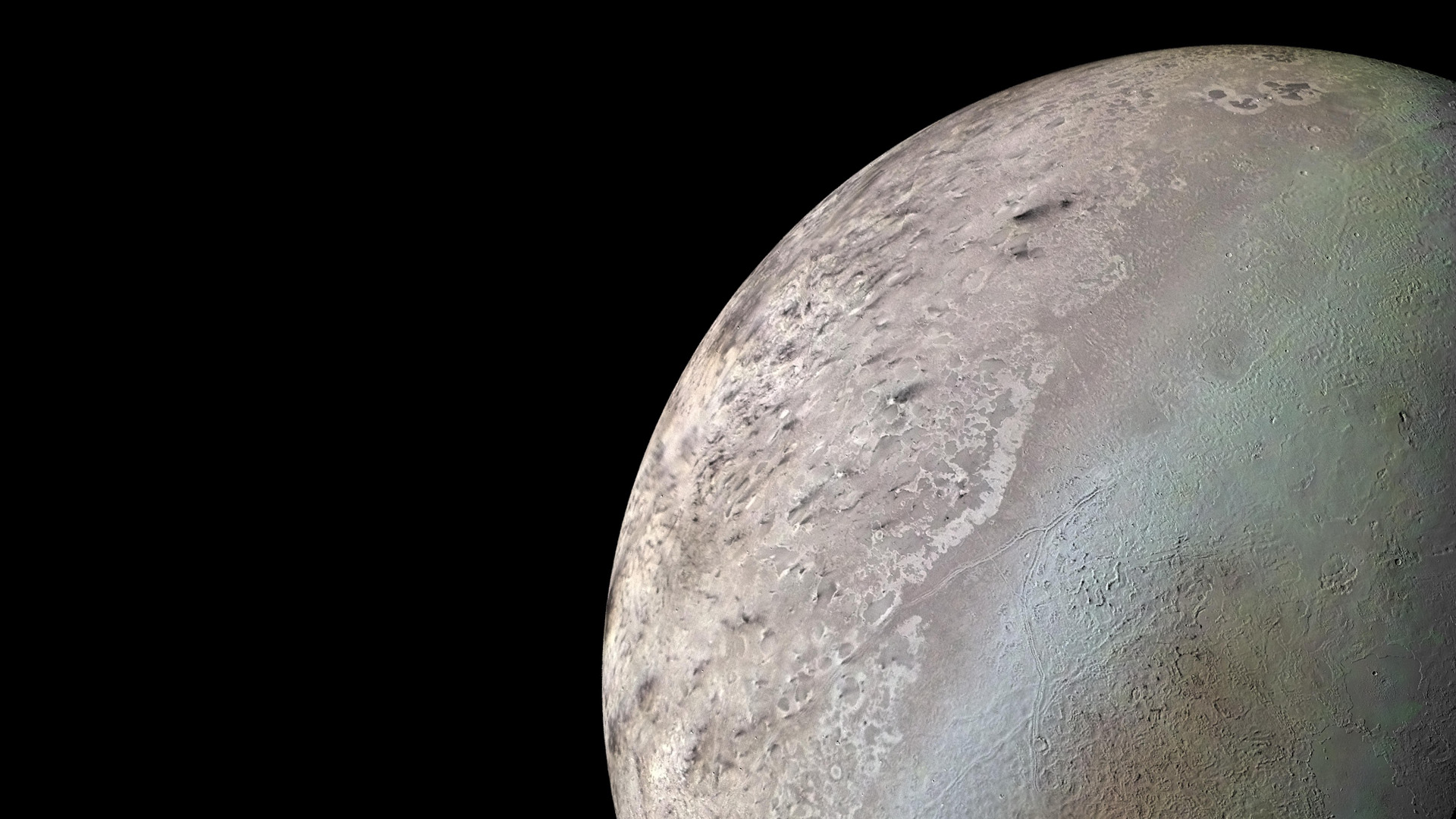
Why is Neptune's moon Triton so weird?
By Paul Sutter published
The outer solar system contains a striking crime scene with a big mystery: How did Neptune get a moon like Triton?

A 'Planet Nine' far from Earth could explain the odd behavior of icy bodies beyond Neptune
By Paul Sutter published
As the search for "Planet Nine" in the outer solar system continues, new research suggests there may be an Earth twin buried deep within the frozen waste of the Kuiper Belt beyond Neptune.
Get the Space.com Newsletter
Breaking space news, the latest updates on rocket launches, skywatching events and more!
